One-on-one with the Kootenays’ bullish business baron—Brian Fehr
Fehr shares his thoughts on jobs, the forest industry and his latest purchase—the former Tembec land in Cranbrook
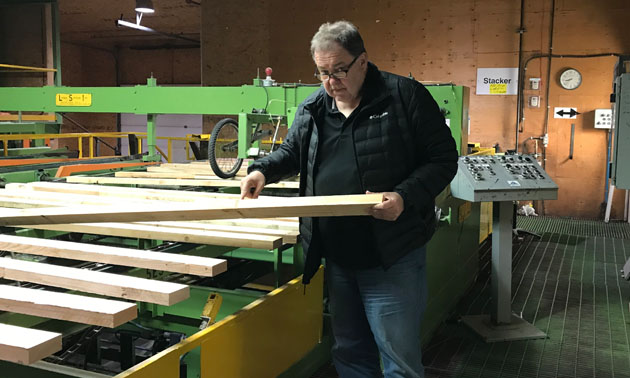
Brian Fehr points out the joints on a 2x4 at his Peak Industries plant off Theatre Road in Cranbrook and says this product is selling well. — Virginia Rasch photo
When Brian Fehr’s Chevy pickup pulls into a town, the town officials should be happy, as it usually means jobs. For example, last year Fehr bought a choice 40-hectare parcel of industrial land in Cranbrook, bringing jobs and workers to the city.
For entrepreneur Fehr, a struggling sawmill is not half full or half empty—it's overflowing with possibilities, as was the case when he purchased the shuttered sawmill in Canal Flats three years ago. Challenges are mere opportunities.
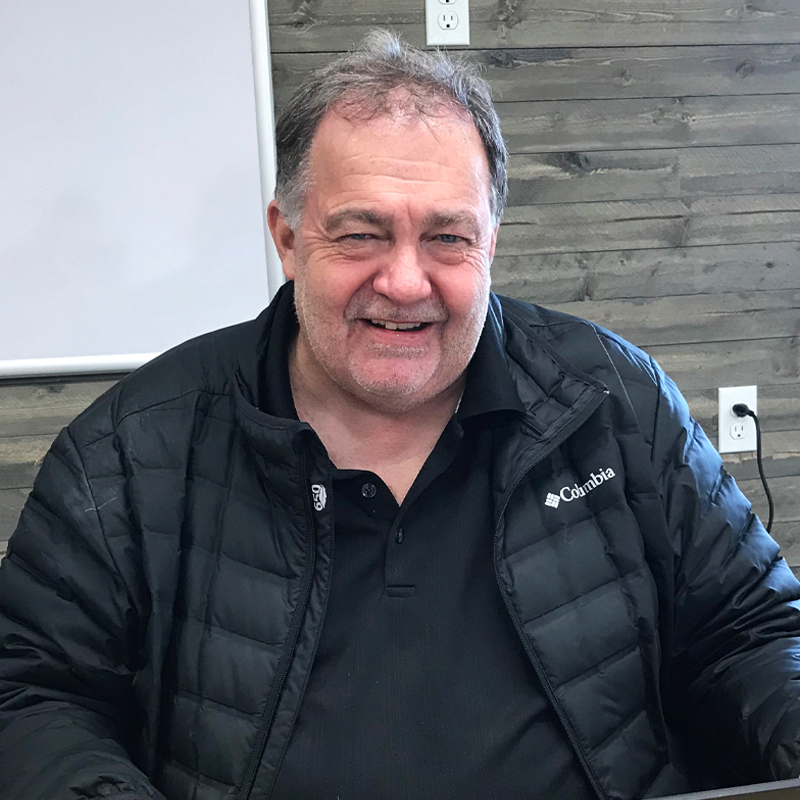
Brian Fehr. — Virginia Rasch photo
I met Fehr in his Cranbrook office at Peak Industries recently to catch up with this busy businessman after his latest trip to his businesses in the southeastern U.S. He did provide some interesting updates on his four East Kootenay–based businesses.
The man in a nutshell
Fehr is well known as the founder and now former chairman of the BID Group, a billion-dollar Vanderhoof, B.C.–based conglomerate of businesses. The bevy of businesses specializes in innovative technical systems and construction services for wood products industries in B.C., across Canada and into the United States.
Even with the immensity of his successes, to sum up Fehr is an easy task—he is not only bullish on the forest industry but bullish on business.
How could someone not be bullish on a market that’s got softwood lumber currently at over $1,000 per thousand board feet? “But I would do well even without that price,” Fehr said.
Fehr called me through one door to look at the finger-joint boards his Peak Industries is producing. He picked several up one by one and said, “We’re doing very well with this product.”
The businessman is fundamentally bullish on business. When I asked him what he likes to spend money on, he said, “M&As—mergers and acquisitions. I like buying businesses.”
To say that he likes working is an understatement.
“When I retired three years ago, it was the worst three minutes of my life,” he said. He hopes his obituary says his retirement day was the same day as his death.
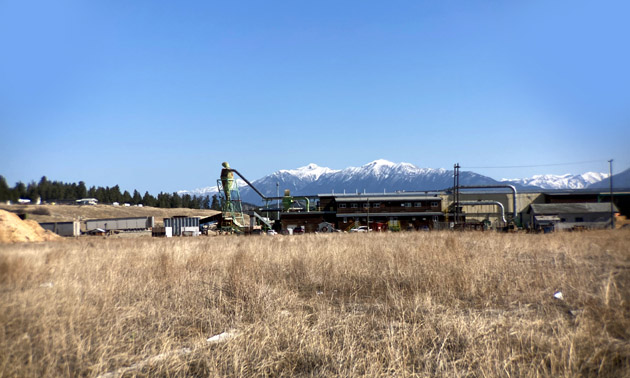
When Brian Fehr bought the 40-hectare parcel of industrial land in Cranbrook, he saw great potential for jobs. “I’m all about jobs,” he said. — Kerry Shellborn photo
The top three drivers of his business approaches are rural economies, sustainability and Indigenous relations. Fehr received the Order of British Columbia in 2018 for his support of the growth of rural economies in the province.
Fehr lives at Rosen Lake in Jaffray, B.C. He first came to the Columbia Valley to work 41 years ago. “I love the valley,” he said. This might account for why he has four businesses in the East Kootenay.
“I’m all about jobs,” said Fehr, who estimates he supplies 150 jobs in the East Kootenay “and growing.” He’s justifiably proud that he brought in workers to Cranbrook who bought houses here.
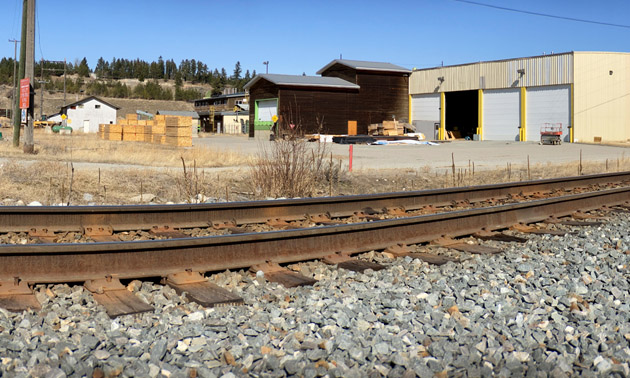
Brian Fehr has brought in three other businesses besides his own Peak Industries to the industrial land in Cranbrook. He always had plans to bring in a multitude of businesses, and now a biomass plant is in the planning stages. — Kerry Shellborn photo
Tougher questions on the B.C. forest industry
I asked Fehr if he thought the B.C. government should implement the recommendations in its report A New Future for Old Forests, which advocates for a holistic approach to protect old-growth forests.
“I think there’s a time and a place for old-growth,” he said. “I don’t believe one shoe size fits all.”
Was he worried about his timber supply?
“No, I’ve always made it,” he said.
Fehr’s personal history
Everyone who knows Fehr knows that his personal history has shaped his approach to business and life. His father built sawmills, so Fehr was active in sawmills from a young age and learned the business.
His strong support of rural economies comes from being born and raised in Vanderhoof, B.C., a small town based on local natural resources. His pet peeve is that not enough of the resources comes back to these rural communities.
As is typical for Fehr, he pulls out his sobriety coin from his pocket and flips it over to me. The date is March 21, 1997. A sobriety coin is a token given to Alcoholics Anonymous or other 12-step group members representing the amount of time the member has remained sober.
“It’s been 24 years this week I’ve been clean and sober,” he said. With his long list of accomplishments, he still answers that his greatest accomplishment is his sobriety. “Nothing else is even close to that,” he said.
In his downtime, Fehr likes to read. “I read more than most people,” he said.
Disruption in the forest industry and his future
Fehr had an interesting answer to which area in the forest industry is ripe for disruption. “Working with Indigenous peoples,” he said. “I’ve met with six chiefs this past week.”
“If you could work on solving one problem in Canada, what would it be?” I asked.
“Indigenous reconciliation,” Fehr answered.
I asked, “Is there a question that I didn’t ask but should have?”
Fehr said he wished I’d asked about the other people in his businesses.
“We have really great people,” he said. For example, he lauded Tyrone Yee, his general manager in Jaffray and Cranbrook.
Obviously, Fehr is a good judge of character and makes successful hires. “I love meeting people,” he said. “I sit down and talk to them for five minutes. I can tell their passion.”
His advice to Kootenay entrepreneurs is predictable as it appears to be his personal mantra. “Just work hard,” he said, “Just don’t stop. There is no shortage of challenges.”
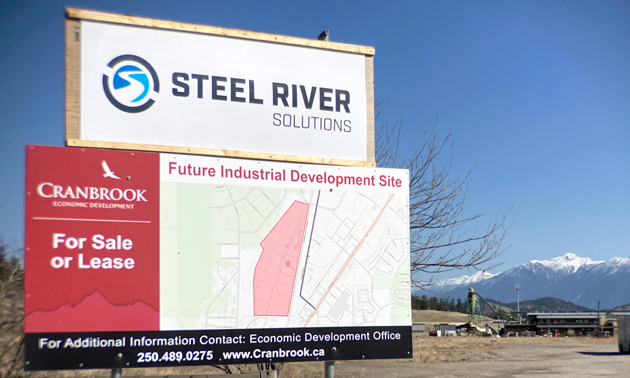
Steel River Group is one of the new businesses that Brian Fehr brought to his industrial land parcel in Cranbrook. As an Indigenous-run pipeline service company, it fits Fehr’s enthusiasm for working with Indigenous businesses. — Kerry Shellborn photo
Updates on Brian Fehr’s industrial lands in Cranbrook
Fehr bought the former Tembec industrial lands from the City of Cranbrook in late 2020 with big ideas in mind. He created Peak Industries by revamping the existing finger joint plant and is now producing finger joint studs, a process of gluing together shorter pieces of lumber, which were considered waste products. The market for these materials is strong, said Fehr.
At the time Fehr purchased the 40-hectare prime piece of industrial real estate, he promised he’d bring in more companies than just his own of Peak Industries, and he has kept his word. Three new tenants are currently on site:
- Steel River Group is an Indigenous-run pipeline service company, working on natural gas pipelines owned by Trans Canada and Fortis
- Xebec Industries is a fabrication shop, building and selling high-end compression equipment and parts
- Glen Transport is leasing space on the property for parking trucks and trailers
And Fehr was adamant that more businesses—and jobs—are to come to this parcel. He held up a report to make his point and said, “One of the reasons I bought this property is this site is zoned for a biomass plant,” he said. “It’ll happen.”
This ties in well with Fehr’s sustainability bent, as biomass energy systems use wood waste that would be burned as a waste product of the forest industry. But now, these energy systems lower energy costs and greenhouse emissions.
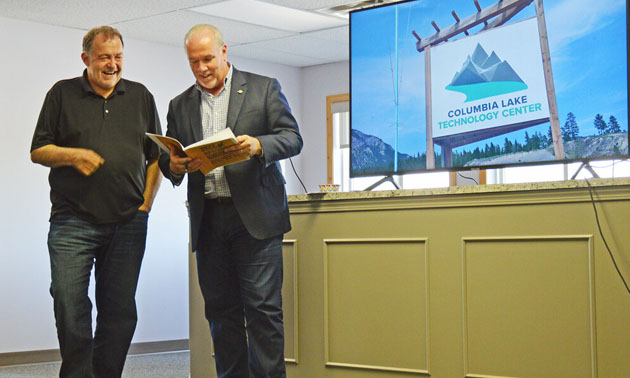
Premier John Horgan (R) showed up at the opening event of the Columbia Lake Technology Center in Canal Flats when Brian Fehr (L) announced his data centre in 2018, which is now one of the biggest manufacturers of Bitcoin in B.C. — Kerry Shellborn photo

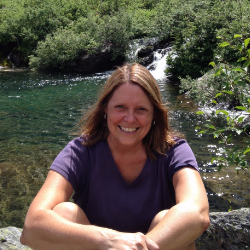

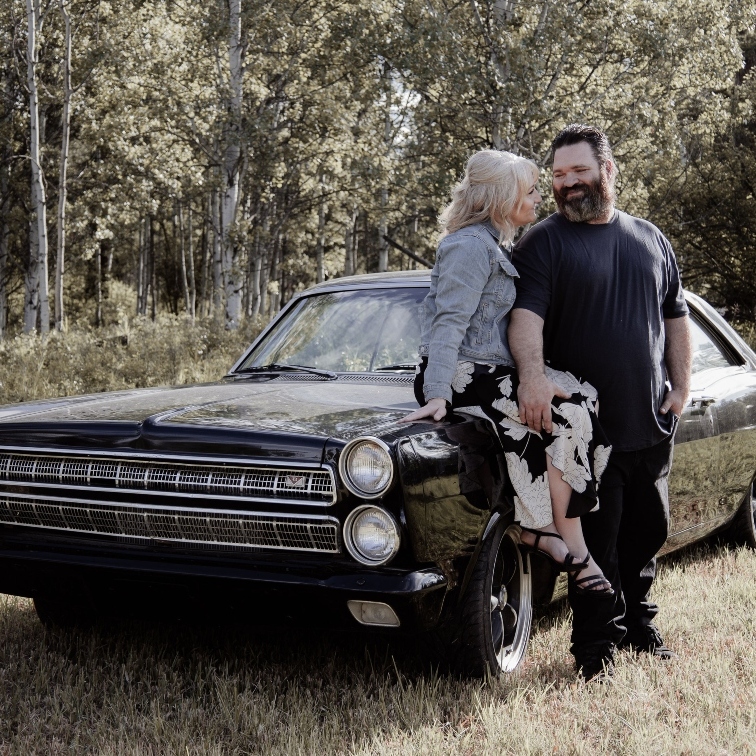
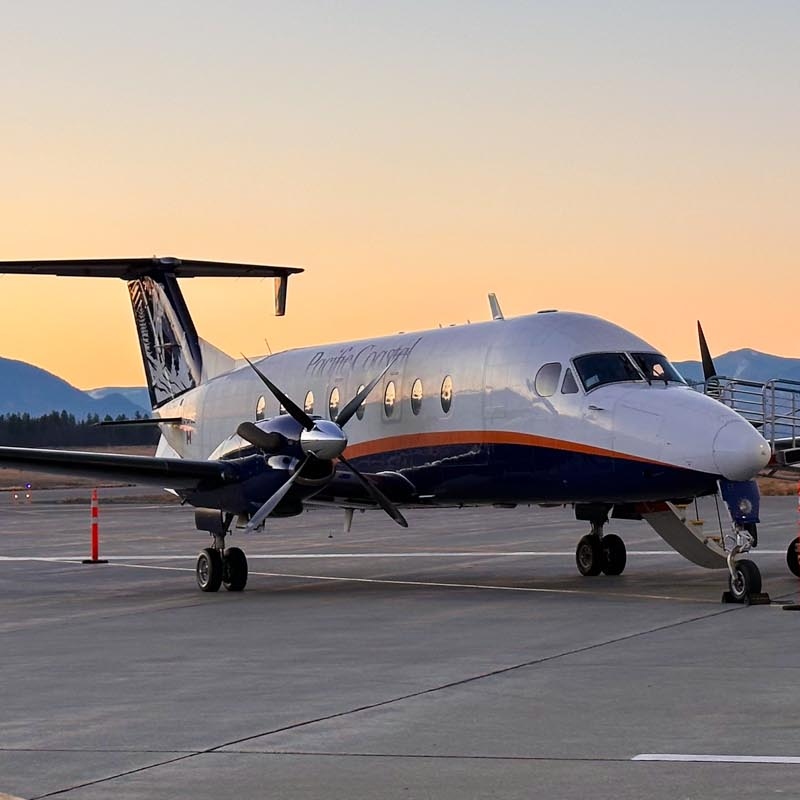

Comments